Government introduces new local coronavirus restrictions - but doesn’t tell anyone
Online update to guidance for areas hit by Indian variant branded ‘farcical’ before ‘screeching U-turn’
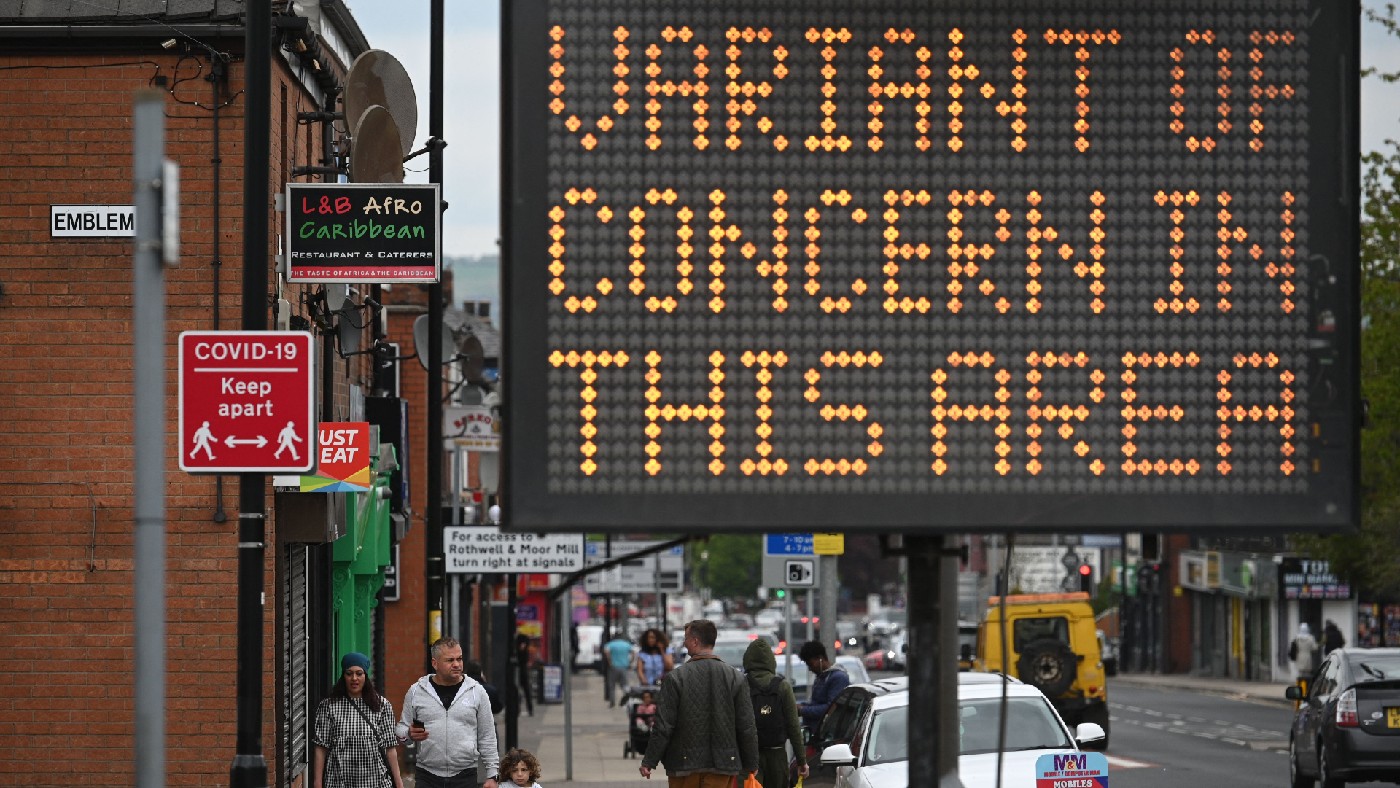
A free daily email with the biggest news stories of the day – and the best features from TheWeek.com
You are now subscribed
Your newsletter sign-up was successful
The government appears to have U-turned on new travel guidance for people living in the eight English areas worst affected by the Indian coronavirus variant after local leaders and MPs said they had no idea about the changes.
An update to a gov.uk page detailing “Coronavirus restrictions: what you can and cannot do” was made on Friday 21 May, advising people to “avoid travelling in and out of affected areas unless it is essential”.
The guidelines also encouraged residents in high-risk areas including Blackburn, Bedford, Bolton, Leicester and the London borough of Hounslow to meet people outside rather than inside where possible and to stay two metres apart from people that they don’t live with.
The Week
Escape your echo chamber. Get the facts behind the news, plus analysis from multiple perspectives.

Sign up for The Week's Free Newsletters
From our morning news briefing to a weekly Good News Newsletter, get the best of The Week delivered directly to your inbox.
From our morning news briefing to a weekly Good News Newsletter, get the best of The Week delivered directly to your inbox.
However, the new guidelines “are thought to have taken everyone by surprise, including Bolton’s public health directors and councillors”, says The Bolton News. Other local councils also said they were not informed of the changes, which would affect around two million people, until last night.
Wendy Burke, director of public health at North Tyneside Council, one of the high-risk areas, issued a statement saying that the change on the government website was not “accompanied by any communication”, says The Northern Echo, while Yasmin Qureshi, MP for Bolton South East, asked: “If this guidance was so important, why did no one know about it?”
Jennifer Williams at the Manchester Evening News called the whole thing “pretty bonkers”, while Layla Moran, chair of the All-Party Parliamentary Group on Coronavirus, told BBC News: “The whole thing is rather farcical; you update a website and then expect people are going to be scrolling through, hoping to notice the changes.”
Shadow health secretary Jon Ashworth accused the government of imposing “local lockdowns by stealth” as residents affected by the new restrictions took to social media to express their dismay at the government’s handling of the situation.
A free daily email with the biggest news stories of the day – and the best features from TheWeek.com
In response to the outcry, a government spokesperson initially said: “Working with local authorities, we took swift and decisive action to slow the spread of the B1.617.2 variant by introducing surge testing and bringing forward second doses of the vaccine for the most vulnerable.
“We provided additional guidance for those living in affected areas when we became aware of the risk posed by the variant, to encourage people to take an extra cautious approach when meeting others or travelling.”
Then, this afternoon, the Manchester Evening News was reporting that the guidance would be “scrapped and rewritten by the government in a screeching U-turn”. After a “stormy meeting” with government officials, councils were told the wording will be changed, says the newspaper, although it remained the same at 5.30pm today.
In a joint statement, the eight local councils said: “We have met with national officials and confirmed there are no restrictions on travel in or out of each of our areas: there are no local lockdowns.”
Andy Burnham, mayor of Greater Manchester, said it was a “fairly major communications error” that had caused “huge amounts of confusion”.
Kate Samuelson is The Week's former newsletter editor. She was also a regular guest on award-winning podcast The Week Unwrapped. Kate's career as a journalist began on the MailOnline graduate training scheme, which involved stints as a reporter at the South West News Service's office in Cambridge and the Liverpool Echo. She moved from MailOnline to Time magazine's satellite office in London, where she covered current affairs and culture for both the print mag and website. Before joining The Week, Kate worked at ActionAid UK, where she led the planning and delivery of all content gathering trips, from Bangladesh to Brazil. She is passionate about women's rights and using her skills as a journalist to highlight underrepresented communities. Alongside her staff roles, Kate has written for various magazines and newspapers including Stylist, Metro.co.uk, The Guardian and the i news site. She is also the founder and editor of Cheapskate London, an award-winning weekly newsletter that curates the best free events with the aim of making the capital more accessible.
-
 Crisis in Cuba: a ‘golden opportunity’ for Washington?
Crisis in Cuba: a ‘golden opportunity’ for Washington?Talking Point The Trump administration is applying the pressure, and with Latin America swinging to the right, Havana is becoming more ‘politically isolated’
-
 5 thoroughly redacted cartoons about Pam Bondi protecting predators
5 thoroughly redacted cartoons about Pam Bondi protecting predatorsCartoons Artists take on the real victim, types of protection, and more
-
 Palestine Action and the trouble with defining terrorism
Palestine Action and the trouble with defining terrorismIn the Spotlight The issues with proscribing the group ‘became apparent as soon as the police began putting it into practice’
-
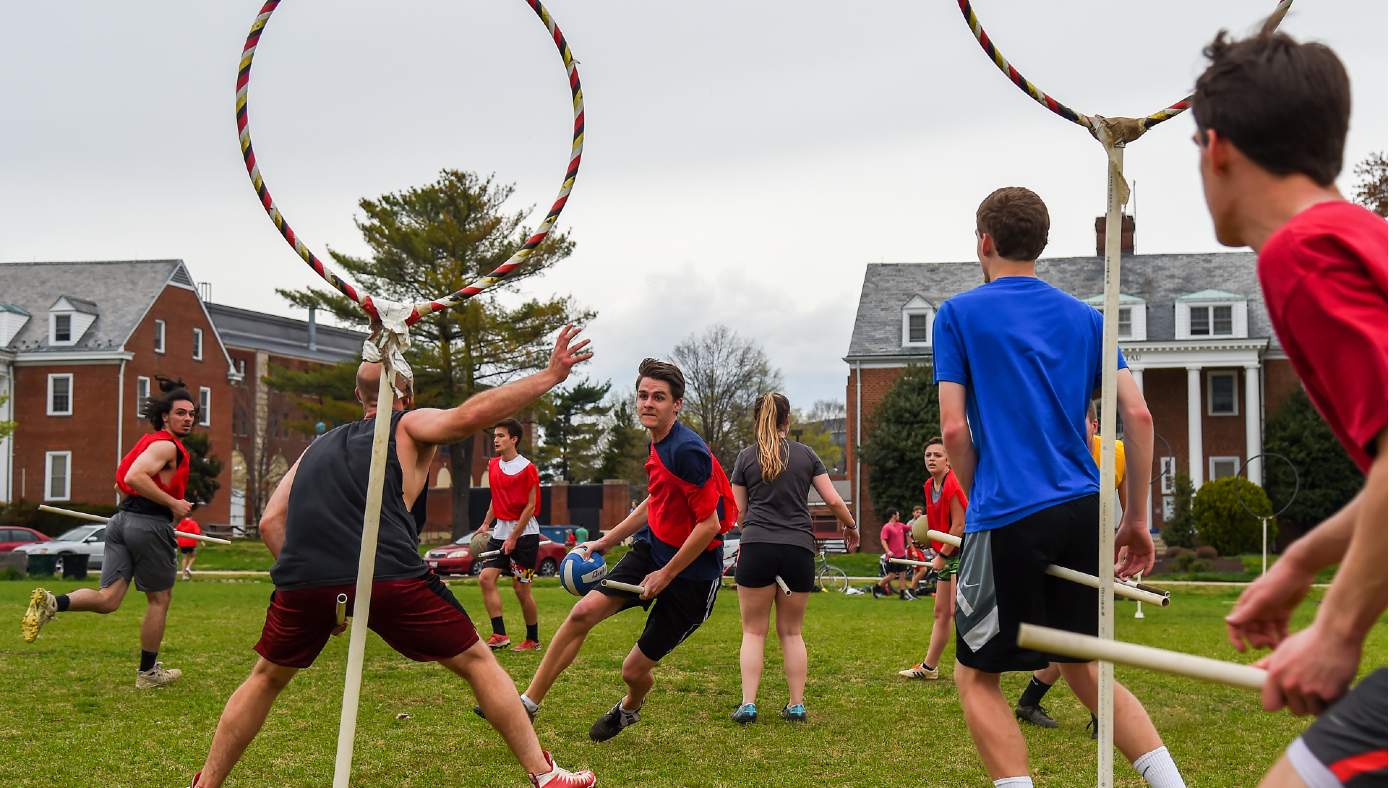 Quidditch to change name over J.K. Rowling trans row
Quidditch to change name over J.K. Rowling trans rowfeature Alternatives include ‘quickball’, ‘quicker’, ‘quidstrike’ and ‘quadraball’
-
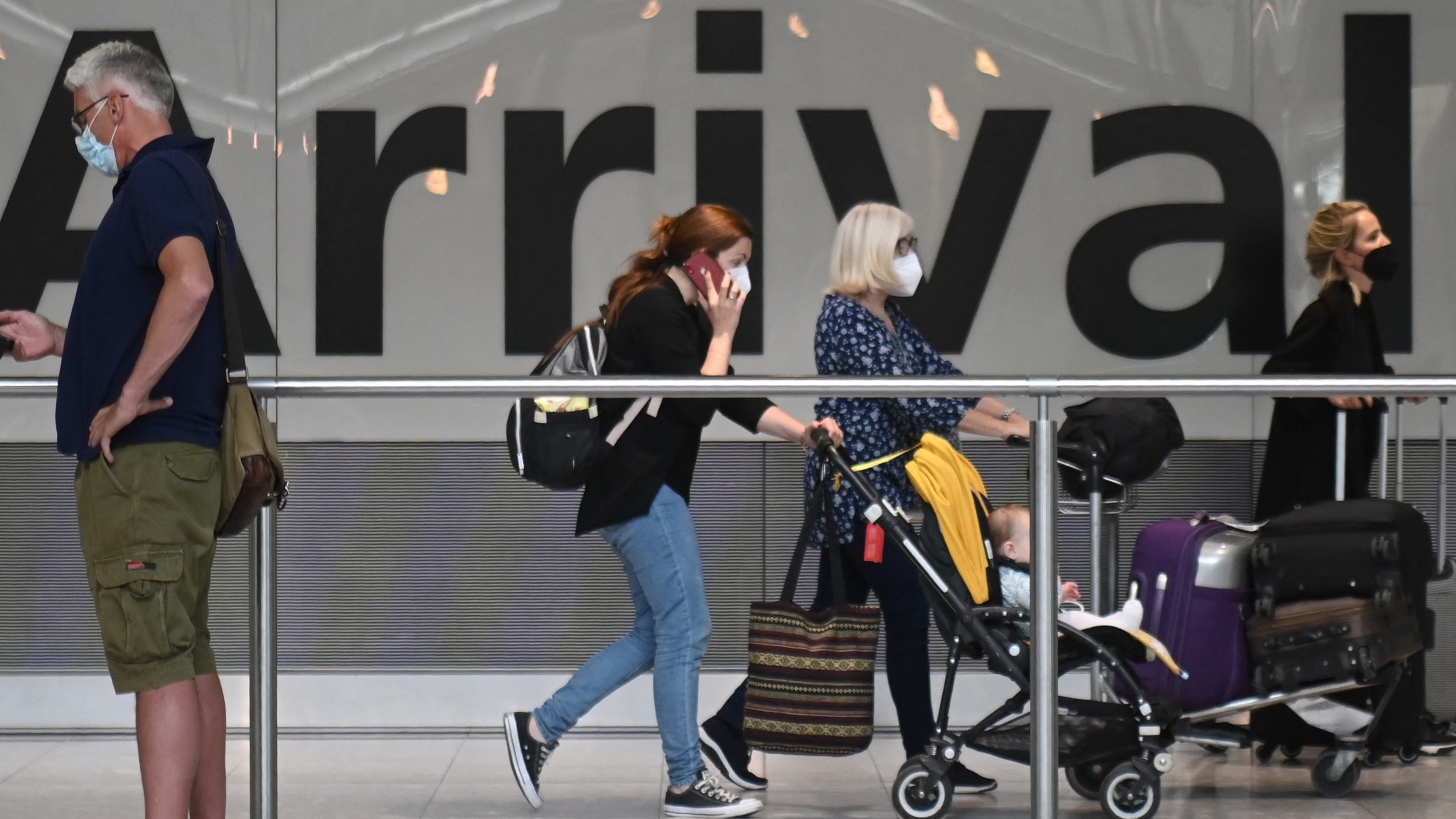 The new simplified UK travel rules explained
The new simplified UK travel rules explainedfeature Pre-departure tests axed for fully vaccinated arrivals from non-red-list countries
-
 Can the Scouts movement survive after the pandemic?
Can the Scouts movement survive after the pandemic?In the Spotlight Lockdowns trigger sharp drop in young members and adult volunteers
-
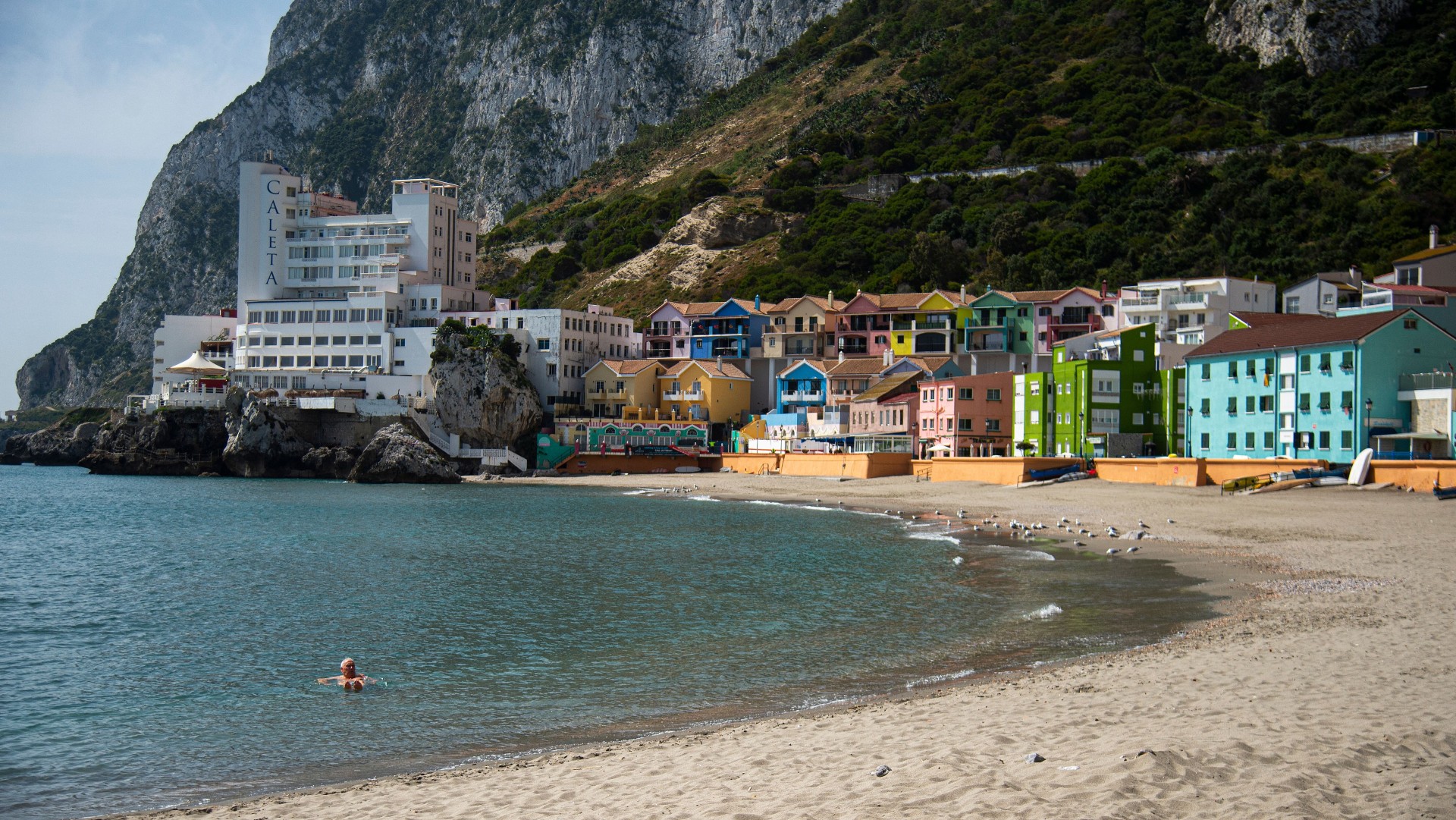 Is it safe to travel abroad this summer?
Is it safe to travel abroad this summer?Today's Big Question MPs warn that airports are ‘breeding ground’ for coronavirus
-
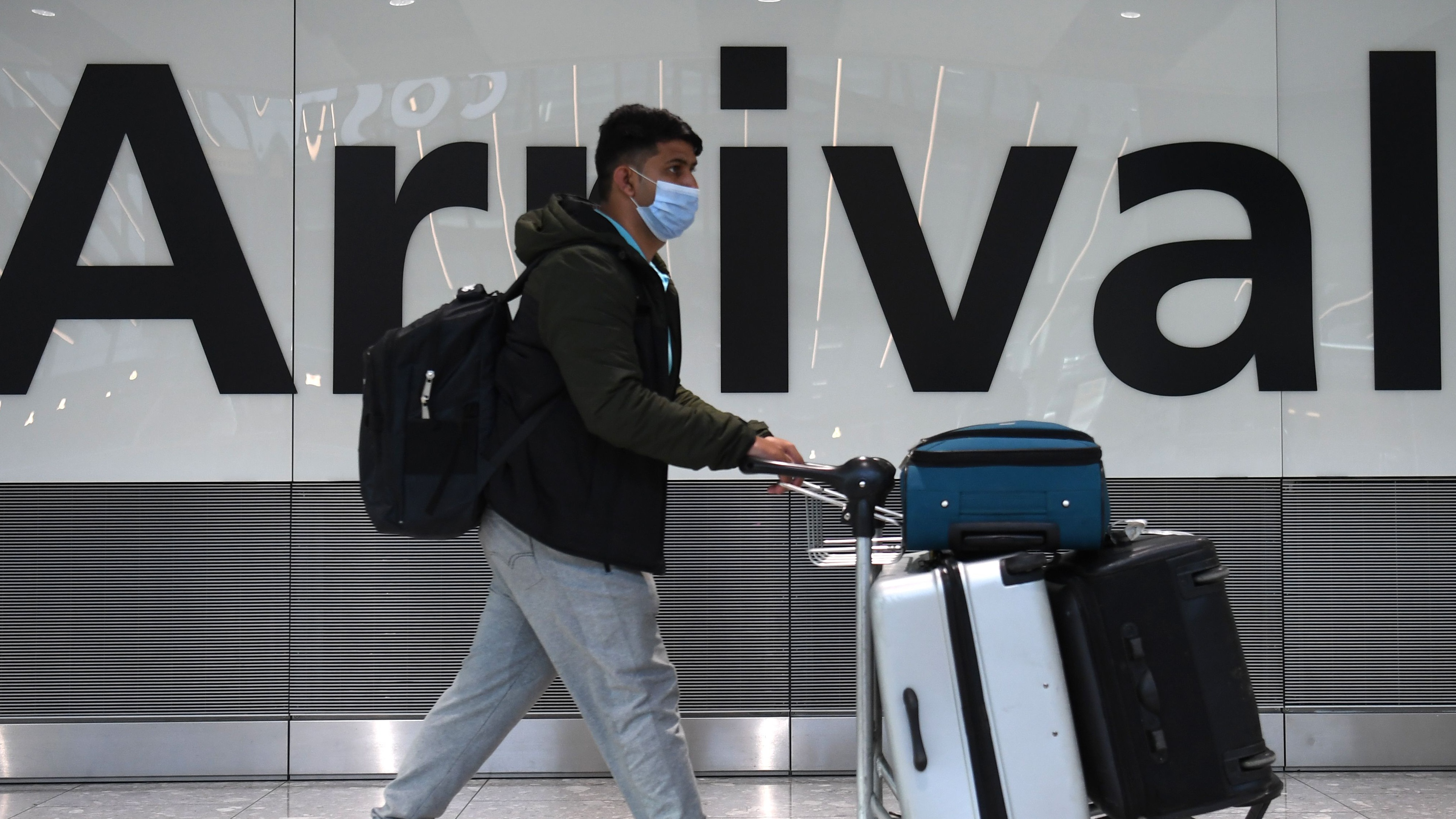 Holidays saved – but do Covid rules price out all but the richest travellers?
Holidays saved – but do Covid rules price out all but the richest travellers?feature Price of quarantine hotels rising from £1,750 to £2,285 for solo travellers
-
 When can Brits travel abroad?
When can Brits travel abroad?feature Holidaymakers face £5,000 fine for overseas travel before ban lifts
-
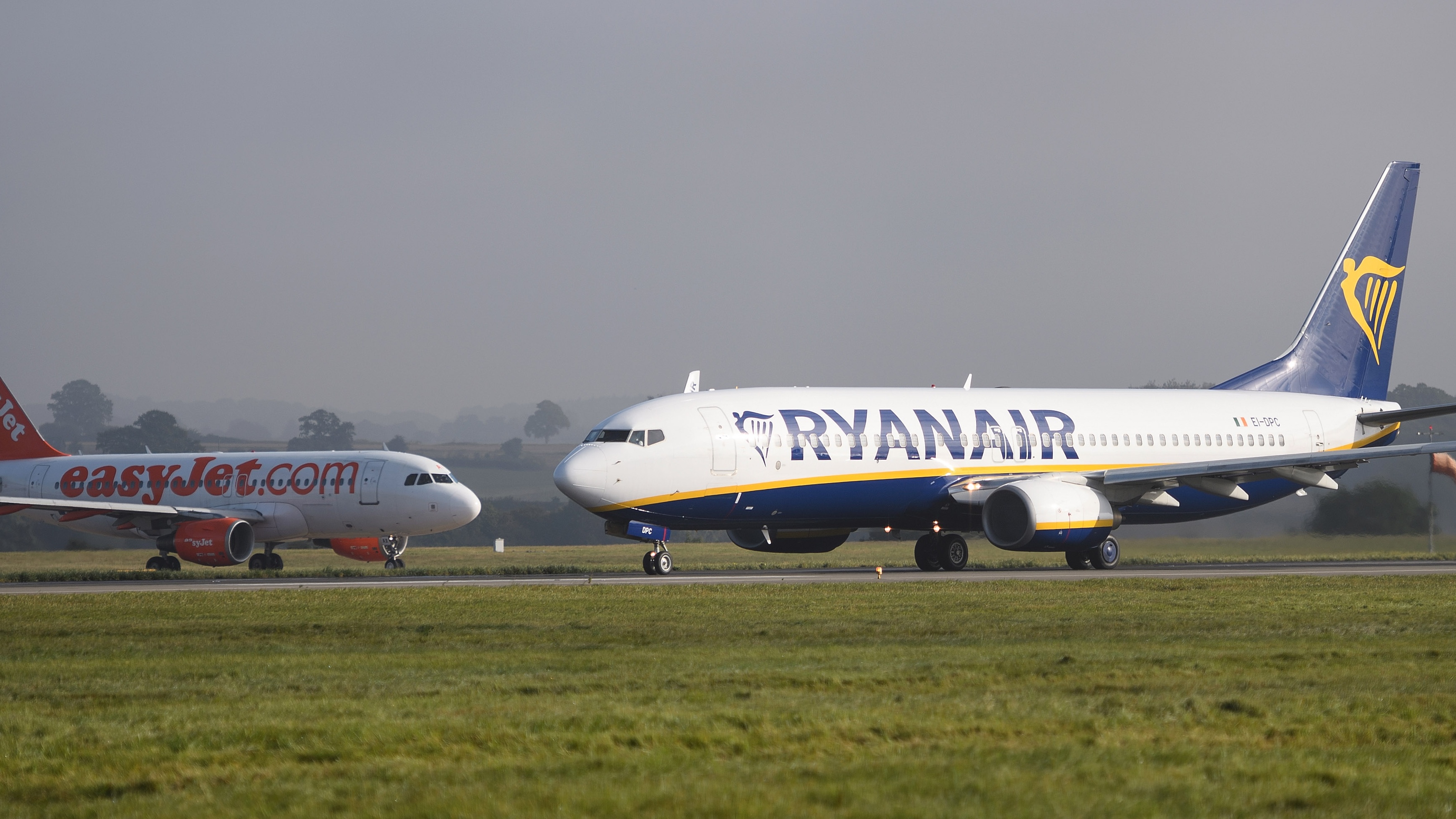 Explained: is it safe to book a holiday in Europe when quarantine rules could change?
Explained: is it safe to book a holiday in Europe when quarantine rules could change?Speed Read Government accused of creating ‘sense of panic’ with sudden change in travel advice
-
 Yorkshire museum calls on curators to enter battle of the sculpted bums
Yorkshire museum calls on curators to enter battle of the sculpted bumsSpeed Read The competition has been welcomed by visitors unable to ‘ogle the buns’ in person